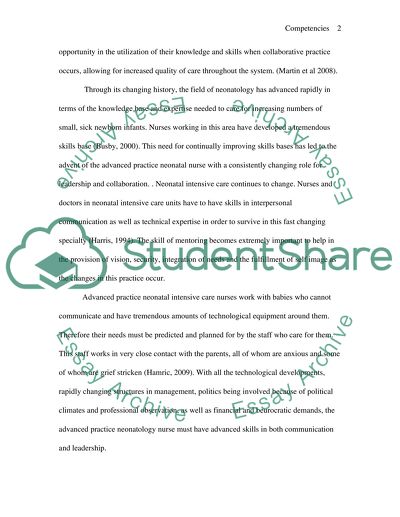Cite this document
(“Competencies in Advanced Practice Nursing Essay”, n.d.)
Competencies in Advanced Practice Nursing Essay. Retrieved from https://studentshare.org/health-sciences-medicine/1504878-competencies-in-advanced-practice-nursing
Competencies in Advanced Practice Nursing Essay. Retrieved from https://studentshare.org/health-sciences-medicine/1504878-competencies-in-advanced-practice-nursing
(Competencies in Advanced Practice Nursing Essay)
Competencies in Advanced Practice Nursing Essay. https://studentshare.org/health-sciences-medicine/1504878-competencies-in-advanced-practice-nursing.
Competencies in Advanced Practice Nursing Essay. https://studentshare.org/health-sciences-medicine/1504878-competencies-in-advanced-practice-nursing.
“Competencies in Advanced Practice Nursing Essay”, n.d. https://studentshare.org/health-sciences-medicine/1504878-competencies-in-advanced-practice-nursing.


